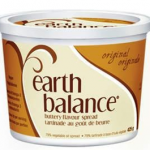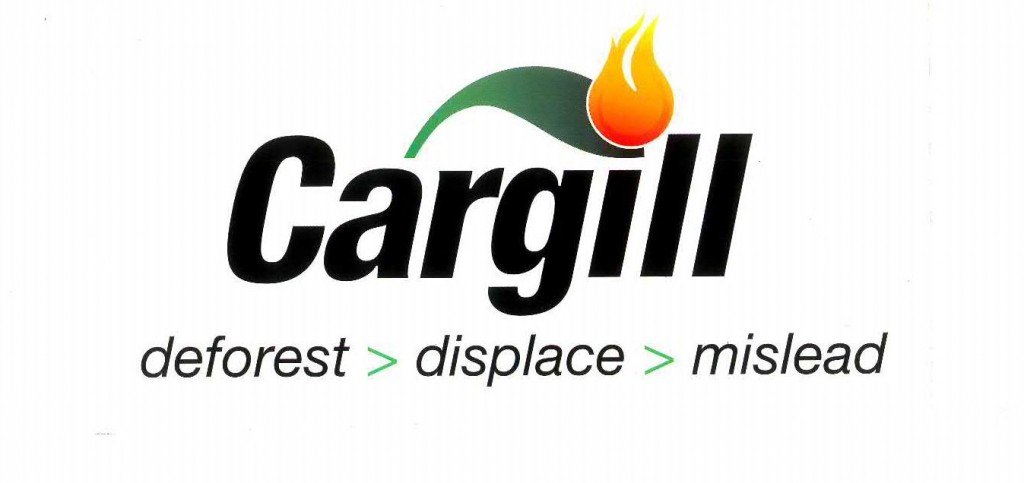
What do the environmental and animal rights movements have in common? More than you might think, including a profound love of certain vegan products that mark an intersection of our work to create a more just and sustainable future for all of Earth’s inhabitants.
This past weekend I had the pleasure of participating in a keynote panel at the close of the 2011 National Animal Rights Conference in Los Angeles. Every seat in the large ballroom was taken by a dedicated animal rights activist, even though it was late on a Sunday evening. Prior to the presentation, as I walked past tables and booths and chatted with people, I was inspired by the many folks I met who have dedicated so much of their time and energy to their values and beliefs.
I had been asked to speak on a panel about bridges between the animal rights and environmental movements. Also on the panel were Taryn Kiekow, a lawyer with Natural Resources Defense Council, and Dr. Rose Marie White, Southern California Endangered Species chair of the Sierra Club. Taryn spoke about NRDC’s work to protect whales, and Rose Marie talked about how struggles to protect land are also struggles to protect the incredible species of wildlife that reside there.
George Shea, who hosted the keynote panel, spoke in his introductory comments about the paramount issue of climate change, and it’s connection to species extinction risks, thus situating climate change as a primary issue of animal rights.
In my presentation, I echoed George’s concerns of climate change’s risk of driving extinction, and of the right of animals to exist. I focused my analysis through the lens of deforestation. Indonesia’s rainforests are home to incredible, majestic, and endangered creatures such as the orangutan and Sumatran tiger. Currently, Indonesia’s rapid pace of deforestation has made the country the world’s 3rd largest greenhouse gas emitter behind the US and China. That’s right: Not only does rainforest destruction directly threaten the habitat of wildlife, it also releases more greenhouse gases than all of the cars, trains, planes, and trucks in the U.S. combined! Exacerbating climate change will only further endanger all of us, including our animal relatives.
Animal rights , environmental, social justice and climate justice activism all have significant reasons to confront the drivers of deforestation in Indonesia. This issue is a major intersection in our movements.
It was incredible to name those drivers of deforestation in my presentation: pulp and paper and palm oil plantation expansion. Many people in the room already know about Cargill, the largest privately owned corporation in the world, and the #1 importer of palm oil in the United States. Cargill has long been on the animal rights sh*t-list because of their inhumane profit model in the cattle industry. Now animal rights activists have another reason to work to stop Cargill from practicing business as usual: The company has no commitments to change its palm oil supply chain in time to save Sumatran tigers and orangutans.
You can take action by signing our petition to Cargill right now. Then, call Cargill and tell CEO Gregory Page exactly what you think about their palm oil problem: 1-800-CARGILL (1-800-227-4455).

What came as a surprise to some and an ironic twist to others is the fact that palm oil is in some of our most beloved vegan products, including Earth Balance vegan buttery spread. OH THE SALTY TEARS! While Earth Balance knows its consumers enough to have a palm oil statement on its homepage, the company is still standing behind sourcing from Roundtable on Sustainable Palm Oil (RSPO) members. Membership is not certification. My mom could join the RSPO for $3,000. Just kidding. Kind of. But seriously, read RAN Agribusiness Campaigner Ashley Schaeffer’s blog about the RSPO Membership Myth. Earth Balance needs to only source RSPO-certified palm oil, RSPO-member-supplied is NOT enough for the expectations of a vegan consumer base.
Vegans and animal rights activists have made inspiring, courageous choices to live by their values. Palm oil ending up in vegan products that are causing orangutan extinction is a time bomb in consumer advocacy that vegan product suppliers would be wise to address rather than avoid. And we know animal rights advocates are not going to settle for anything other than real solutions.
After the talk, I was inspired by how many people were so excited to get involved, to take action, and to learn more. By strategically aligning our movements where our issues overlap, we can make significant strides in protecting rainforests, the creatures that depend on this habitat, and keeping our climate stable. In this way, we are bridging our movements around focused strategy and solutions, and this is an issue we will WIN!
